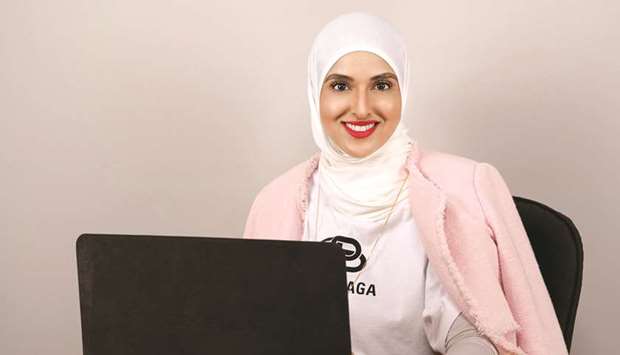Misinformation, rumours, and information overload can make you feel your life is out of control and unable to decide what to do. Worries, anxiety, and stress regarding Covid-19 and its effects can be devastating. Such anxiety can be even challenging with social distancing practice!
Here are different ways that can help you stay psychologically strong during this pandemic:
1. Limit exposure to news/social media:
Continuous news related to Covid-19 pandemic from all sorts of media can increase the fear of the disease and badly affect your mental health. You should limit the exposure to social media that may spread false information or rumours. Also, reduce watching, reading, or hearing other news, however, stay up to date on local and national recommendations. Always look for a reliable new source like WHO and CDC.
2. Accept negative emotions and feelings:
It is common to have anxious thoughts and negative emotions at the time of the Covid-19 pandemic. It is necessary to accept them instead of trying to get rid of them or escape them. It is because when you avoid such emotions, they will become even stronger and long-lasting. You need to realise negative thoughts, emotions, and physical sensations when they pop up, check for them carefully, describe them without any judgment and finally let them go. This is the core of mindfulness that has been connected to goof psychological health.
3. Manage stress and sleep:
Managing anxiety and stress are important for having enough sleep and proper sleep is important for almost every other aspect of your health. Meditation and yoga are effective tools for managing anxiety and stress, and you can do it in a small space. You can also set a specific area in your house that is free of technology and stock it with items that calm and relax you.
4. Get some time to relax and recharge:
Set some time for you to relax. Just a few minutes of quiet time can be helpful and refreshing to make your mind quiet and minimise anxiety. Lots of people gain advantages from practices like yoga, tai chi, deep breathing, and meditation. Listen to music, soak in a bubble bath, or read a book; simply do whatever helps you to relax and regain your energy. Choose a technique that works best for you and do it daily.
5. Pay attention to positive thoughts:
Concentrate on positive things that happen in your life rather than focusing on how bad you feel. Choose to begin each of your days by listing things you are thankful for. Work to accept the changes that occur in your everyday life, maintain a sense of optimism, and try to keep issues in view.
6. Quick dealing with stress can avoid long-term difficulties:
A review by a psychiatrist, Dana Rose Garfin and colleagues at the University of California, Irvine, showed that people who have gone through acute stress after the shocking event were likely to have negative physical health effects and long term mental health issues including poor general health, increased depression, increased pain, psychiatric disorders, anxiety, disability, mortality and other family conflicts.
Wrap it up:
Psychological issues due to Covid-19 can be managed in several ways that we discussed earlier. Consider that experiencing negative emotions and stress can have positive consequences on people’s minds. Various studies reveal that people who experience severe difficulties in their lives can come out from them with an even strong sense of psychological spirit, reawakened relationships, and improved gratefulness of life. Some people start to live their life more completely and purposefully. With planning and care, we can also stay psychologically strong at the time of Covid-19 pandemic and possibly grow from this reframing and transmuting experience!
*The author is a consultant in Public Relations and Personality Types. Instagram: @Tipsbyhalahill

